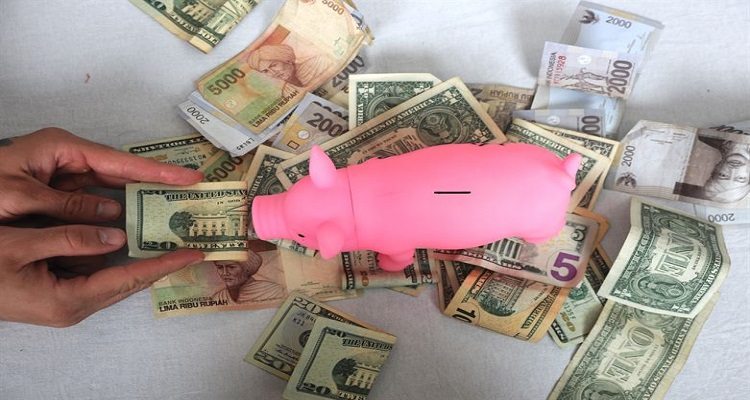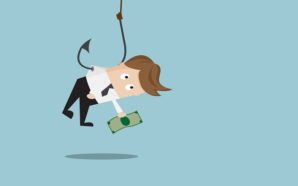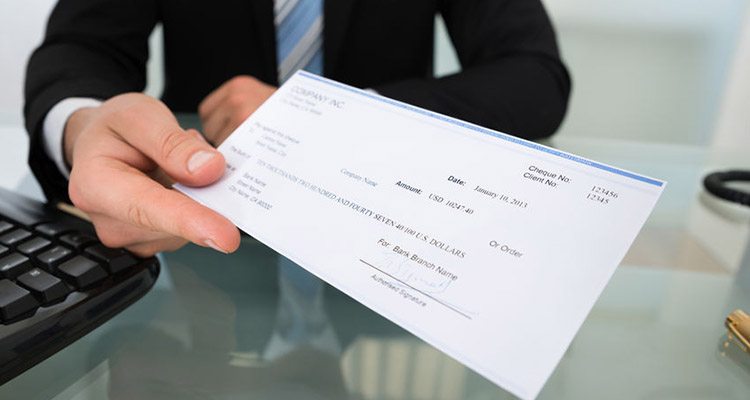Common Financial Mistakes Made by Middle-Class People

The American middle class faces a lot of financial challenges that those in higher income brackets may not be so deeply impacted by – school and college education, mortgages, credit card bills, etc. By the end of it, there isn’t much left for saving for the future. However, there are some common financial mistakes made by middle class people that really impact them.
How do you define the American Middle Class?
The middle class is the segment that is considered the backbone of any nation. It consists of the workers – professionals, traders, your neighborhood grocer, the list goes on and on. While there is no official definition of “middle-class” as there is of the federal poverty level. Which is why there are many definitions of the term middle class. However, the most common definition of the term is based on the income generated by a household. According to the Pew Research Center, the American middle class falls into the 2/3rds to 2 times of the national median income. Simply put, the middle class is that group of people who income falls between $46,960 and $140,900 per year.
Financial Mistakes that impact the Middle Class in America
Here is a list of the most common mistakes made by the middle class in America:
- Debt
According to an article published in USA Today, data from the Federal Reserve shows that Americans carry an average debt of about $137,063. Unfortunately, the US Census Bureau reports that the median household income is at about $59,039, which shows that most middle class Americans are living beyond their means.
The challenge here is that the cost of living has risen 30% in the last 13 years. In comparison, the wages have only increased 28% in the same time period. Medical Expenses have shot up by 57% since 2003, and the cost food has gone up by 36%. Housing has gone up by 32%.
With these figures, a grim picture is painted about how most Americans manage.
- No Emergency Fund
CNBC published a personal finance article last year, where data showed that more than 57 million Americans had no emergency fund.
- Very Little Contribution to the Retirement Fund
Surveys repeatedly show that most Americans are living from paycheck to paycheck. Forget emergency funds, a lot of Americans are dipping into their retirement savings to keep afloat.
- Not using health savings accounts
There are a lot of Americans who don’t even know about a Health Savings Account. Any person who has a High Deductible Health Plan can use this facility.
How can these Financial Mistakes be fixed?
The biggest step you can do to fix your financial mistakes is to remove all debt. Once you fix your debt, you will then be able to think about the future. Here’s how you can do it.
- Evaluate your debt – know exactly how much you owe. This means collecting all your financial documents and taking a printout of your annual credit report. Write down all the details of your debt: the balance, monthly amount due and the interest rates you’re paying for them. See the total you need to pay each month.
- Make a list of your expenses – how much you spend every month. Add every single expense. And then see how much you have left. Is it enough to pay your monthly debts? If it isn’t then you need to re-look at your expenses and trim your spending. There will be a lot of flab that can be cut off.
- Make a repayment plan. Pay off the debt that has the highest interest rate and balance. Then move to the next one and so on.
- Start negotiations – start contacting your creditors and lenders and see if you can reach an agreement to lower interest rates, reduce settlements, etc. You should also explore the option of debt consolidation.
Stick to the plan! It really, really hard. But once you’re done, it is going to give you such a boost, it’s not a joke. Your self-esteem is going to go up, you will feel a sense of achievement and you will have created newer, healthier spending habits that will prevent you from making these financial mistakes again.











